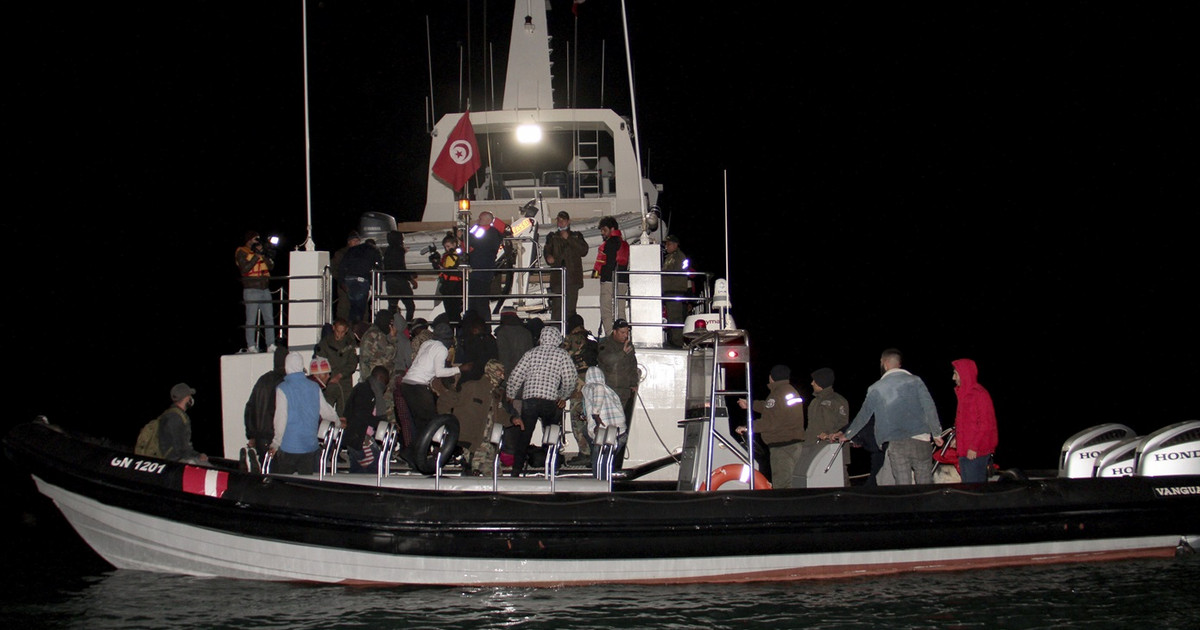O breast cancer is a caused by the disordered multiplication of abnormal breast cells. The disease manifests itself differently in each person. Some types grow quickly, while others grow slowly.
In most cases, with adequate and early treatment, the prognosis is positive. However, the tumor can invade other organs generating a metastasis picture . Metastatic breast cancer is an incurable condition. The median survival of a patient with metastatic disease is approximately two years, which may vary from one person to another.
The Ministry of Health has incorporated into the Unified Health System (SUS) the drug trastuzumab emtansine indicated for the treatment of patients with HER2-positive breast cancer (understand below ) in a monotherapy regimen, a method in which the therapy is performed using only one drug or procedure.
According to the Oswaldo Cruz Foundation (Fiocruz), breast cancer is classified into three main subtypes. The categories are associated with the presence or absence of molecular markers for estrogen or progesterone receptors and the so-called “human epidermal growth factor 2” (or HER2): HER2 negative (70 to 80% of patients), HER2 positive (15 to 20 %) and triple negative (tumors lacking the three standard molecular markers; 13 to 15%).
In Brazil, it is estimated that 20% of cases correspond to the HER2 positive type (average of 13,400 cases per year), of which 80% are treated in the SUS, around 10,700 patients.
HER2-positive breast cancer
The mastologist Marcelo Belo, director of the Cancer Hospital III, of the National Cancer Institute (Inca), explains that the medication approved and incorporated into the SUS is intended for patients with this specific type of breast cancer, called HER2 positive.
“Initially, the drug was used for metastatic patients, for this type of breast cancer, with a really important result in reducing the risk of death, with increased survival and later it is also used for patients who underwent neoadjuvant chemotherapy, or that is, patients who underwent chemotherapy treatment before surgery and did not obtain what we call a complete pathological response, the tumor did not completely disappear with chemotherapy. For those patients who are HER2 positive, the treatment is indicated because it also increases survival, decreases the risk of death and the risk of disease progression”, he explains.
The ordinance was published in the Official Gazette on Monday (12). The technology received a favorable recommendation for incorporation into the SUS after being evaluated by the National Commission for the Incorporation of Technologies in the Unified Health System (Conitec). The Ministry of Health did not detail when the drug will be available to patients in the public health system.
world problem of public health , breast cancer stands out for being the type of disease that most affects women, with high rates of occurrence and mortality. The incidence has increased significantly in countries in Asia, Africa and South America as a result of population aging.
The World Health Organization (WHO) estimates that in 2018, 627,000 women died from breast cancer worldwide. In Brazil, the total number of new diagnoses per year reaches 60,000, resulting in an incidence rate of 60/100,000 inhabitants.
Source: CNN Brasil
I am an experienced journalist and writer with a career in the news industry. My focus is on covering Top News stories for World Stock Market, where I provide comprehensive analysis and commentary on markets around the world. I have expertise in writing both long-form articles and shorter pieces that deliver timely, relevant updates to readers.






